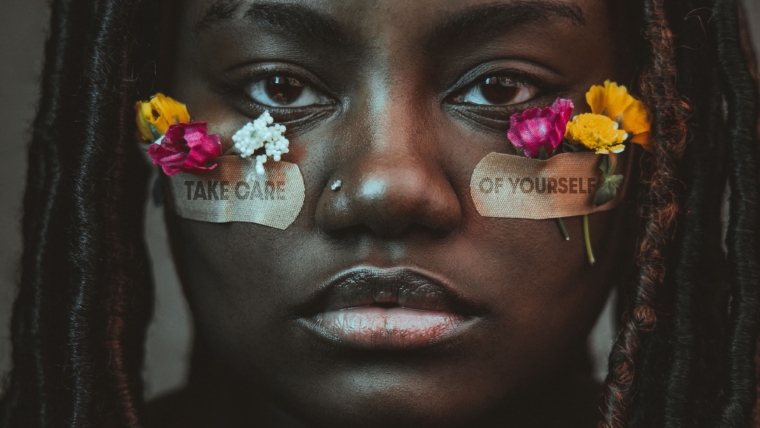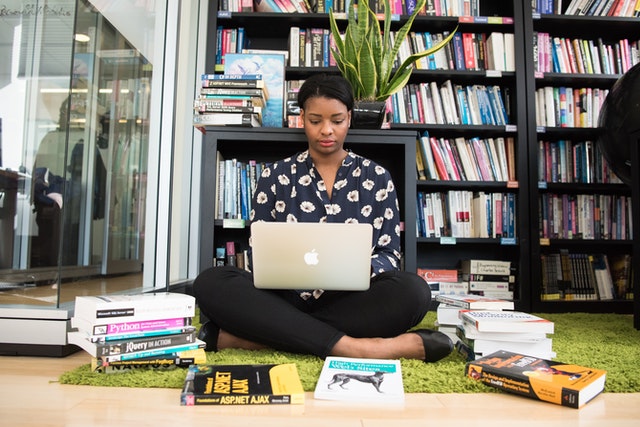Exploring it’s diverse categories and conscious choices
The fashion world is incredibly vast and diverse, and it’s super important to understand the different types if you want to make conscious, informed choices as a consumer. Let’s dive into some of the key fashion categories that can help you dress with intention and style.
- Fast Fashion: Fast fashion is all about cheap, mass-produced clothes that copy the latest runway trends. It’s fast, it’s furious, and it’s everywhere. But here’s the catch—it often means poor quality, rapid style changes, and a huge negative impact on the environment and workers’ rights. Think of it as the fast food of fashion.
- Slow Fashion: On the flip side, slow fashion is like a fine dining experience. It’s all about quality, sustainability, and ethical practices. Brands here focus on craftsmanship and long-lasting materials, encouraging you to buy less but better. It’s about savoring every piece and knowing it’s made with care.
- Secondhand Fashion: Secondhand fashion is all about giving clothes a second life. Thrift stores, consignment shops, and online marketplaces are treasure troves of pre-loved fashion. It’s sustainable, it’s stylish, and it’s a fantastic way to find unique pieces without the environmental guilt.
- Vintage Fashion: Vintage fashion is for those who love a bit of history in their wardrobe. These are pieces that are at least 20 to 30 years old, bringing a unique charm and character that’s hard to find in modern clothes. It’s all about that timeless style and the stories behind each garment.
- Sustainable Fashion: Sustainable fashion is a broad term that covers any practices aimed at minimizing the environmental impact of fashion. This can include using eco-friendly materials, ethical production methods, and ensuring fair labor practices. It’s fashion with a conscience.
- Ethical Fashion: Ethical fashion is all about social responsibility. It ensures that everyone involved in making your clothes is treated fairly and works in safe conditions. These brands are transparent and committed to ethical labor practices, making sure that their supply chains are clean and humane.
- Organic Fashion: Organic fashion focuses on using materials that are grown without harmful chemicals, pesticides, or GMOs. It’s better for the environment and for your skin. Think organic cotton tees and dresses that are as gentle on the earth as they are on you.
- Fair Trade Fashion: Fair trade fashion is committed to ensuring garment workers receive fair wages and work in safe conditions. Brands that embrace fair trade practices aim to empower workers and promote economic sustainability. It’s fashion that fights for a fairer world.
- Upcycled Fashion: Upcycled fashion is all about creativity and reducing waste. Designers take discarded materials and transform them into new, one-of-a-kind pieces. It’s innovative, sustainable, and a great way to make a bold fashion statement.
- Handmade Fashion: Handmade fashion celebrates the art of craftsmanship. These pieces are individually made by artisans or designers, focusing on quality and attention to detail. Every item is unique and often carries the personal touch of its maker.
Each of these fashion categories offers a different approach to how clothes are made and consumed. By understanding these options, you can make more sustainable and ethical choices that truly reflect your values and lifestyle. Let’s dress smarter and more consciously, one stylish step at a time.




